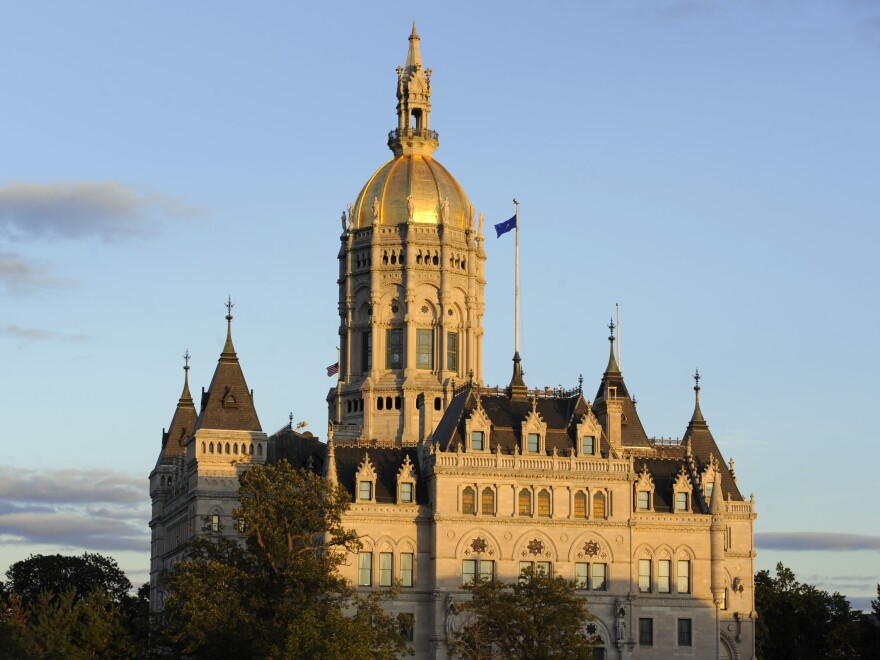A bill that would make some criminal confessions by juveniles inadmissible in court is one of three police reform bills approved by the Connecticut Senate on Thursday.
The bill would prohibit police from using deceptive or coercive interrogation tactics on teenagers, said state Senator Gary Winfield (D-New Haven), the Senate chair of the Judiciary Committee.
“To make sure that those who are officers of the law are not communicating facts that are false to those who are under the age of 18, considering what we know about the brain and the response to certain types of situations,” he said.
The bill passed by a vote 24 to 12, despite concerns by minority Republicans that it might hinder some police investigations.
Two other police accountability bills passed unanimously. One would require officers to inform drivers of the purpose of a traffic stop and the other would require the provision of emergency medical services to people in police custody.
Lawmakers in the Senate also passed a bill aimed at protecting children online.
It would require providers of online services to minors to disclose the personal data being collected, said state Senator James Maroney (D-Milford), the Senate chair of the General Law Committee.
“We all want the best for our children, most importantly we want them to be happy and healthy, but even more so we want to make the online world just a little bit safer,” said Maroney.
The legislation also deals with health data privacy and requires dating apps to provide safe dating resources.
The bills now go to the House for action.


